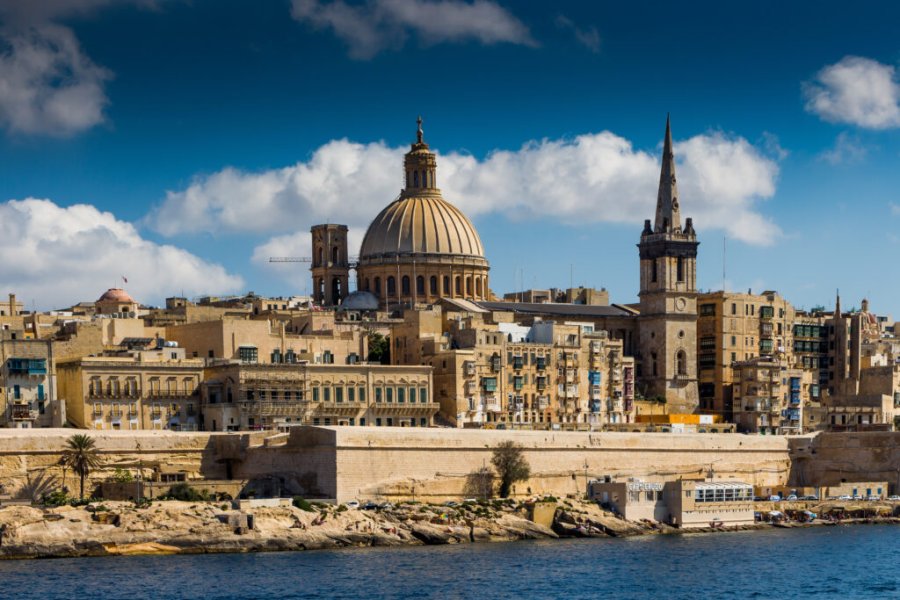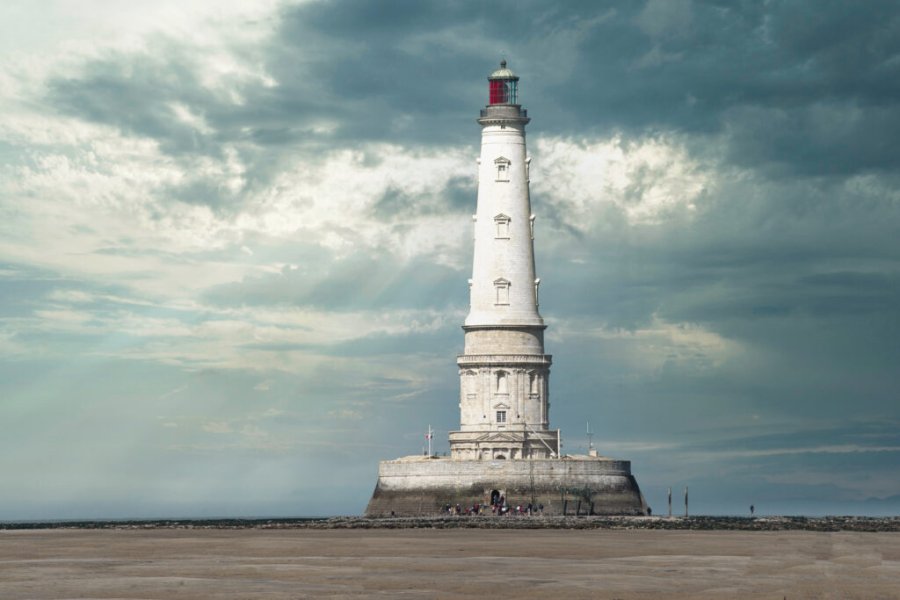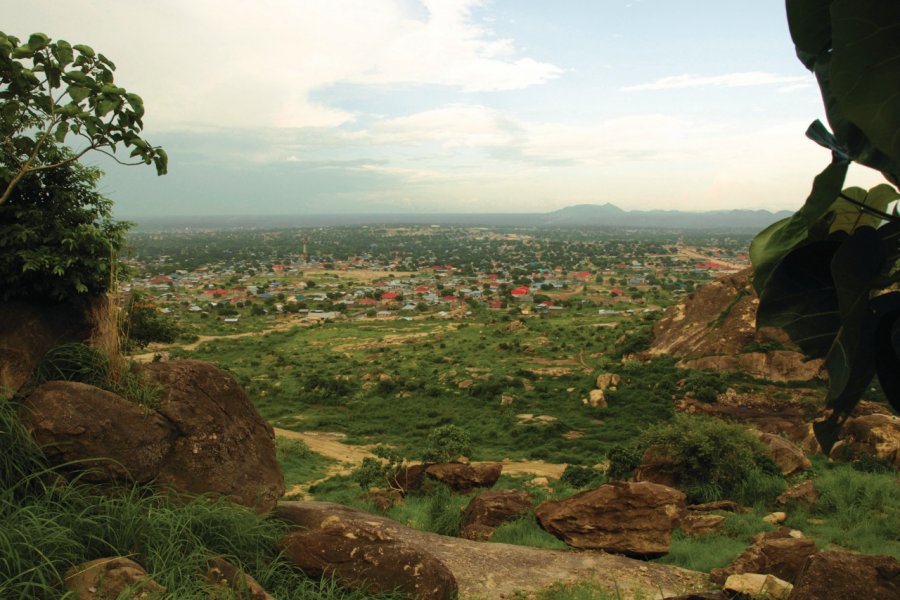Travel Guide Juba جوبا
Find an accommodation
Advertising
A capital of Southern Sudan, the Equatoria region and the administrative province of Central Equatoria, Juba was probably founded only shortly after Khartoum, in the years 1830-1840. But it was not the largest city in the region in the th century. She lived in the shadow of Gondokoro, a few kilometers farther north. The area was of strategic importance to the Anglo-Egyptians, arriving here at the southernmost point of their Sudanese exploration. The English were obsessed with the search for the Nile source and the mountains south of Juba required to continue the river's ascent by land. Samuel Baker was one of those illustrious explorers to discover the Equatoria region of which he was governor. But it was ultimately through the south and territory of the current Uganda that the Great Lakes region was gradually reconstituted on a map.During the mahdiste revolt, the English were to concentrate their forces in the north. The effect of this manoeuvre was to immediately inflame the appetites of Congo's Belgians, who nested south Bahr el-Ghazal and western Equatoria to gain access to the Nile and Lake Albert. Juba and Gondokoro were thus included, until 1910, in the so-called Lado enclave of Lado, before being integrated into the condominium. Juba took the step on Gondokoro and the city was, in 1947, the venue of the London conference, which entérina southern marriage with northern Sudan. In 1955, riots broke out in Juba and Torit, at the dawn of independence. They began several decades of civil war during which the city, despite the overwhelming domination of the rebellion on the ground in the south, remained in Khartoum's hands. It is only since 2005 that SPLM/A has definitively taken its neighbourhoods.Juba is the capital of the Ecuadorian people. Indeed, it may seem surprising that this city was chosen as the capital of the southern region, while none of the major ethnic groups (Dinka, Nuer, Shilluk) originally lived there. The final decision only dates back to 2005, when Juba was chosen by John Garang to replace Rumbek. He then wanted to affirm the national unity of the ethnic ethnic groups in the South, without favouring the people most in number. Today the Mediterranean leader is buried in Juba.Since the signing of peace in 2005, the city has benefited far less than Khartoum from the effects of stability. However, since 2009, its development has accelerated considerably in preparation for the future referendum on self-determination, which has made Southern Sudan the subject of all the attention of many foreign partners, including neighbouring African countries, as well as Egypt, the United States and China. The city is literally invested by foreigners, humanitarian workers, international aid workers and diplomats, so that the cost of living there is particularly high. Paved roads and buildings are growing in town. With a hundred thousand inhabitants at the end of the war, Juba became a large community that would far exceed half a million souls in 2010. And it is predicted that its growth will explode in the coming years.In any event, if you come to a tourist in Juba, a fortiori from the north, the atmosphere and humid climate of this mushroom town will offer you a real, but expensive, change. It is indeed difficult here to believe in the Sudan. Pay particular attention when you travel: unlike northern cities, Juba is still very unreliable from the point of view of security.
What to visit Juba جوبا?
Weather at the moment
Advertising
Organize your trip with our partners Juba جوبا
Transportation
Book your plane tickets
Car Rental
Boat rental
Accommodation & stays
Find a hotel
Holiday rental
Find your campsite
Tailor-made trip
Immersion travel
Services / On site
Activities & visits
Find a doctor










